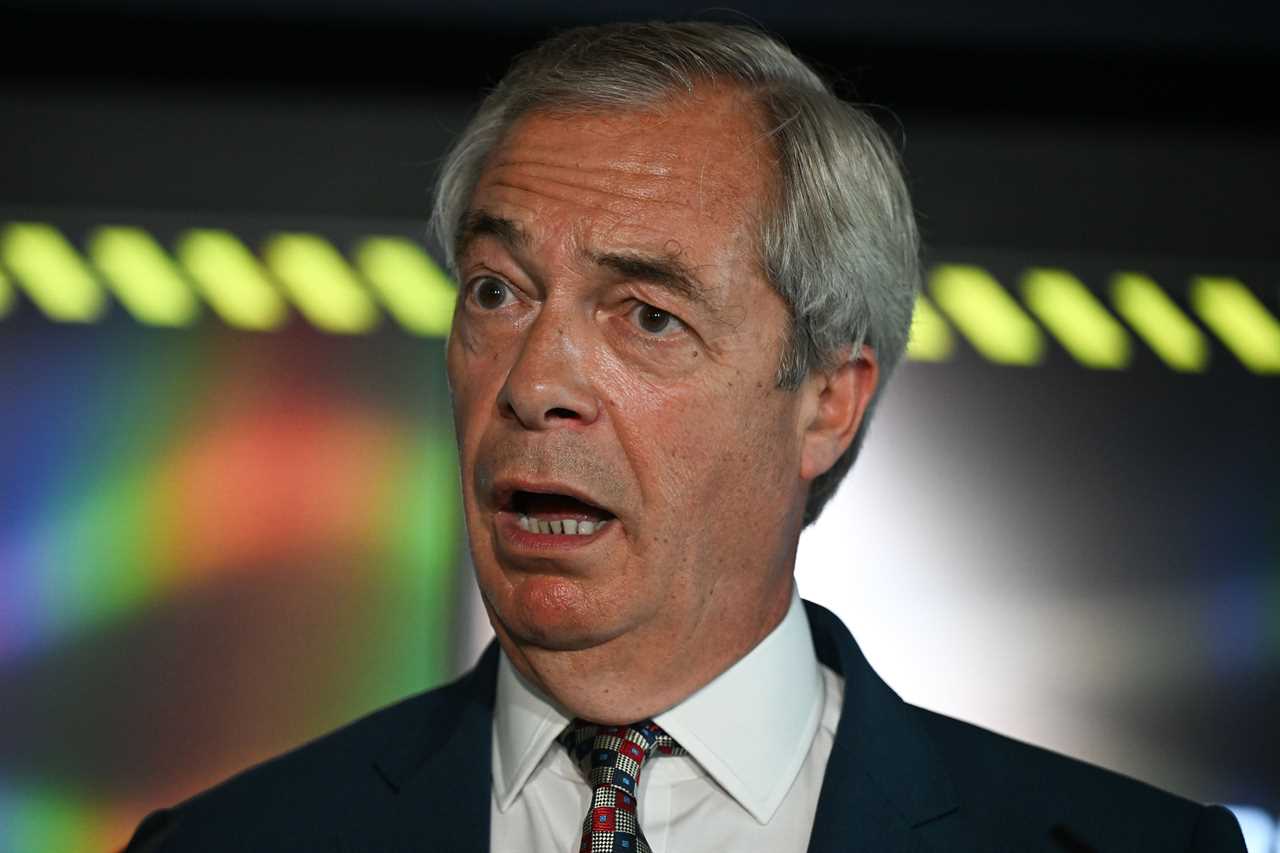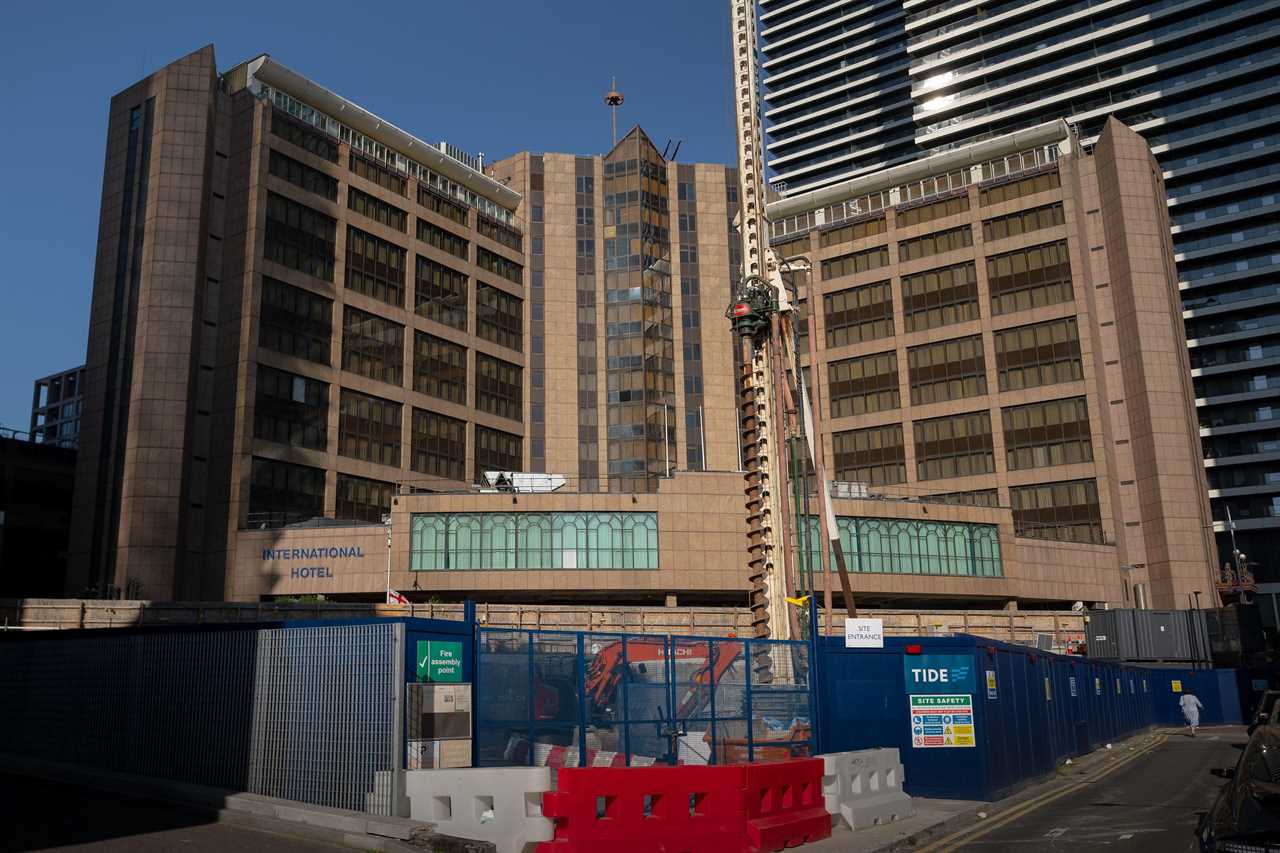
Amid the escalating debate on immigration, Nigel Farage has put forth a controversial plan for mass deportations and a radical shift in asylum policies in the UK. This proposal, revealed by the Reform UK leader, aims to address what he perceives as a significant crisis surrounding immigration in the country.
The Ethics and Efficacy of Farage's Plan
Farage's vision includes a stringent Illegal Migration (Mass Deportation) Bill, dubbed Operation Restoring Justice, which involves detaining asylum seekers arriving by small boats in RAF bases, alongside a ban on claiming asylum. The plan further entails negotiations with countries of origin for migrants and even considering remote options like Ascension Island for relocation, raising questions about ethical considerations and the practicality of such measures.
Financial and Human Rights Implications
The financial burden and human rights impact of Farage's proposal cannot be overlooked. With estimated costs of £10 billion over five years, including hefty expenses on detention facilities, staff, and diplomatic efforts, the plan contrasts starkly with the current expenditure on asylum support. Additionally, the proposed replacement of the European Convention on Human Rights poses fundamental questions about the UK's stance on human rights obligations.
Public Backlash and Legal Challenges
As tensions rise around the accommodation of asylum seekers in hotels, legal battles and community resistance have become more prevalent. Recent injunctions and appeals against housing asylum seekers in various locations reflect growing public discontent and legal disputes, underscoring the need for a nuanced and sustainable approach to asylum policies.

Social Unrest and Policy Shifts
The surge in protests against migrant hotels and the government's response to such demonstrations signal a broader societal unrest and the need for policy adjustments. The move to cease housing asylum seekers in certain locations following public resistance highlights the delicate balance between government decisions and local community interests.
In conclusion, Farage's proposal and the surrounding debates shed light on the intricate web of immigration policies, financial considerations, human rights implications, and public sentiments. As the UK grapples with these complex issues, a comprehensive and inclusive approach is essential to navigate the multifaceted challenges posed by asylum and deportation policies.






